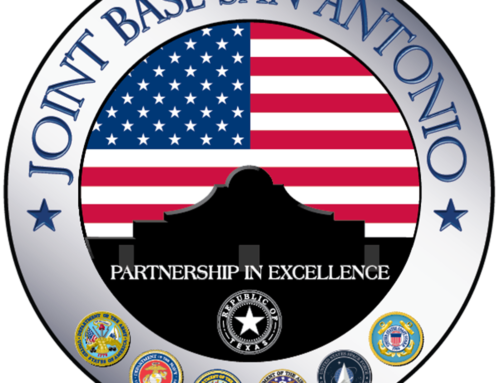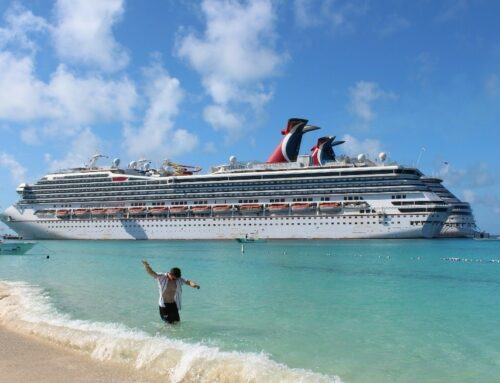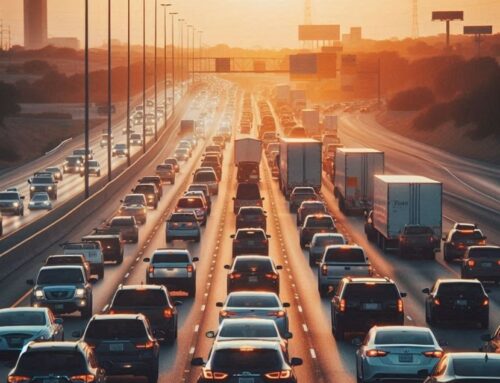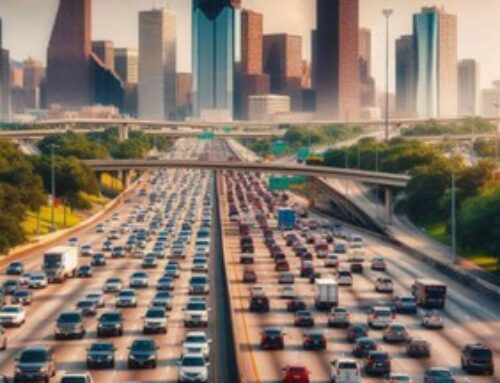Lives Derailed: The Concealed Crisis of Railroad Worker Safety
 In the sweltering heat of a July afternoon in 2018, the tragic fate of Gregory West unfolded in the rugged terrain of northern Tennessee. West, a 57-year-old engineer, and his conductor found themselves in dire straits when their train stalled; at the end of their shift, they were still left stranded. Directed by rail company officials to reach a rendezvous point on foot, West embarked on an arduous hour-long trek across steep hills, burdened with two heavy bags, in the oppressive summer heat. Tragically, just as he neared his destination, West collapsed and later succumbed to complications from pneumonia and hypertension, exacerbated by the grueling journey.
In the sweltering heat of a July afternoon in 2018, the tragic fate of Gregory West unfolded in the rugged terrain of northern Tennessee. West, a 57-year-old engineer, and his conductor found themselves in dire straits when their train stalled; at the end of their shift, they were still left stranded. Directed by rail company officials to reach a rendezvous point on foot, West embarked on an arduous hour-long trek across steep hills, burdened with two heavy bags, in the oppressive summer heat. Tragically, just as he neared his destination, West collapsed and later succumbed to complications from pneumonia and hypertension, exacerbated by the grueling journey.
The aftermath of this incident saw West’s sister taking legal action against CSX Transportation, the railroad company, culminating in a settlement for an undisclosed amount.
However, this tragedy is not reflected in CSX’s official worker injury statistics, a concerning revelation uncovered by the nonprofit whistleblowing news organization ProPublica during their investigation into lawsuits against the nation’s largest freight carriers. Though the U.S. economy relies heavily on railway freight, it appears disturbingly common in the industry to conceal the risks and dangers that lie in what would appear to be mundane aspects of railroad work, as well as the broader implications of corporate accountability and worker safety standards.
![]() Other injured workers, according to the lawsuits, include a CSX conductor who suffered a fatal heart attack after doing physical labor on a subfreezing overnight shift, and a contractor who lost three fingers rigging equipment in a Norfolk Southern rail yard. Another worker lost his left arm and both legs when a freight car’s brakes malfunctioned while stopped on an incline.
Other injured workers, according to the lawsuits, include a CSX conductor who suffered a fatal heart attack after doing physical labor on a subfreezing overnight shift, and a contractor who lost three fingers rigging equipment in a Norfolk Southern rail yard. Another worker lost his left arm and both legs when a freight car’s brakes malfunctioned while stopped on an incline.
These incidents are part of a larger, alarming pattern of underreported worker deaths and injuries within the railroad industry, a sector often disguised with a veneer of safety proven with meticulously-curated statistics. ProPublica’s investigation of over 5,000 federal lawsuits from 2009 to 2022 against the largest freight railroad companies, termed “Class 1”, revealed at least 130 such instances over 15 years that were never reported to regulatory bodies. These unreported cases reveal a systemic failure to adhere to safety regulations, and the resulting murkiness conceals the true extent of workplace hazards faced by railroad workers.
The Federal Railroad Administration (FRA), tasked with overseeing the industry’s safety, requires companies to report incidents to help identify and mitigate broader safety issues. Yet, the agency’s efforts are hamstrung by lenient reporting policies and a culture of silence and retaliation against those who speak up about safety concerns. Such an environment is not only dangerous, but also undermines the very purpose of regulatory oversight in ensuring safe working conditions. For example, despite a combined revenue of over $108 billion just last year, the amount of fines levied against Class 1 companies for reporting violations totaled just $30,011.
Despite the gravity of these findings, the response from railroad companies and industry representatives has been one of denial and justification, often attributing unreported injuries to non-work-related causes or deeming them “non-reportable” or “ineligible” based on narrow interpretations of guidelines. According to ProPublica, this stance, which appears to be found across the industry from CSX Transportation to BNSF Railway, reflects a disturbing issue of accountability and shows the lengths corporations will go to protect their image and financial interests.
The implications of these practices are far-reaching, affecting not only the individuals directly involved but also the overall perception of safety within the railroad industry. Union representatives and safety advocates have voiced their concerns, pointing out the discrepancies between reported statistics and the reality on the ground. These unreported cases of injury and death reveal a system that prioritizes corporate interests over the well-being of its workers, a system in desperate need of reform.
As the FRA works on revising its reporting policies, the hope is that future regulations will close the loopholes that allow such tragic oversights to occur. However, the challenge remains significant, requiring a concerted effort from regulators, companies, and workers alike to foster a culture of transparency, accountability, and, ultimately, safety.
The tragic fates of workers like Gregory West should be a compelling call to action to create systemic change within the railroad industry. A shift in priorities towards health and safety is needed for those who keep our trains moving, often at great personal risk. Only through such a shift can we hope to prevent further tragedies, and ensure that the railroad industry is as safe for its workers as it claims to be.
We at the Herd Law Firm, PLLC, are proud to support workers injured on the road, the seas, or the rails, and have successfully represented such victims seeking the assistance and compensation they so need and deserve.Top of Form
3/21/2024
Read more about this here.










